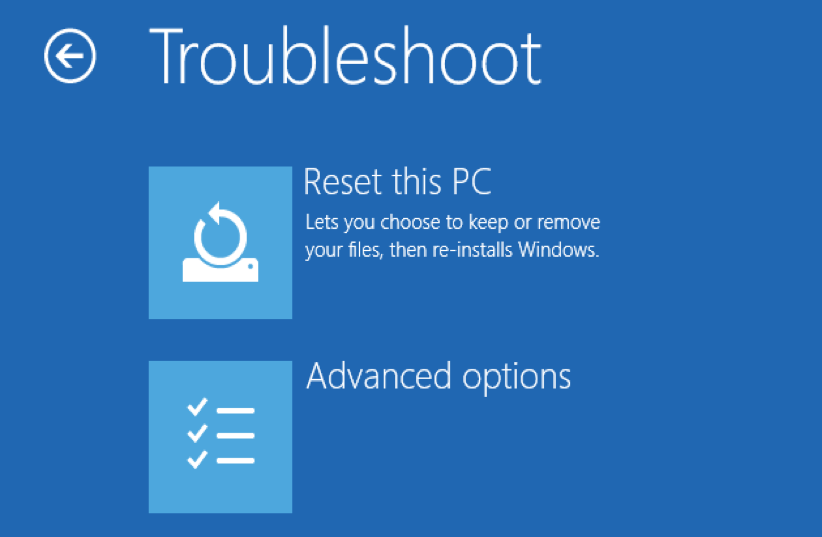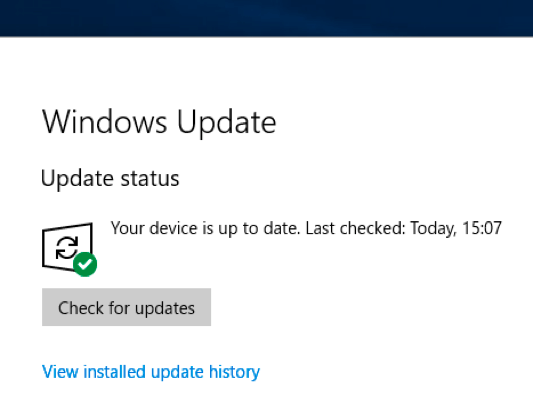How to Fix msdxm.ocx Errors in 4 Steps (Time to complete: ~5-15 minutes)
If you're encountering one of the error messages above, follow these troubleshooting steps to resolve your msdxm.ocx issue. These troubleshooting steps are listed in the recommended order of execution.
Step 1: Use Microsoft Register Server (regsvr) to Manually Register Your msdxm.ocx File
When you install Microsoft Office Access 2010, or another software that uses the msdxm.ocx dependency, the software should register the file automatically. Sometimes your OCX file won't get registered properly and will trigger a "msdxm.ocx not registered" error. Thankfully, Microsoft included a handy built-in utility called "Microsoft Register Server" (regsvr32.exe) to enable you to manually re-register your msdxm.ocx file.
How to re-register msdxm.ocx from an elevated command prompt (Windows XP, Vista, 7, 8, and 10):
- Hit the Windows Start button
- In the search box, type "command" (do not presss ENTER yet)
- While holding CTRL-Shift, hit ENTER.
- You will be prompted with a permission dialog box.
- Click Yes.
- Type this command: regsvr32 /u msdxm.ocx
- Hit ENTER. This process will UN-register your file, allowing you to RE-register it.
- Type this command: regsvr32 /i msdxm.ocx
- Hit ENTER. This process will RE-register your file.
- Close the command prompt window.
- Re-start Microsoft Office Access 2010.
Step 2: Restore your PC back to the latest restore point, "snapshot", or backup image before error occurred.
To begin System Restore (Windows XP, Vista, 7, 8, and 10):
- Hit the Windows Start button
- When you see the search box, type "System Restore" and press "ENTER".
- In the search results, find and click System Restore.
- Please enter the administrator password (if applicable / prompted).
- Follow the steps in the System Restore Wizard to choose a relevant restore point.
- Restore your computer to that backup image.
If the Step 1 fails to resolve the msdxm.ocx error, please proceed to the Step 2 below.
Step 3: If recently installed Microsoft Office Access 2010 (or related software), uninstall then try reinstalling Microsoft Office Access 2010 software.
You can uninstall Microsoft Office Access 2010 software by following these instructions (Windows XP, Vista, 7, 8, and 10):
- Hit the Windows Start button
- In the search box, type "Uninstall" and press "ENTER".
- In the search results, find and click "Add or Remove Programs"
- Find the entry for Microsoft Office Access 2010 14 and click "Uninstall"
- Follow the prompts for uninstallation.
After the software has been fully uninstalled, restart your PC and reinstall Microsoft Office Access 2010 software.
If this Step 2 fails as well, please proceed to the Step 3 below.
Microsoft Office Access 2010 14
Microsoft Corporation
Step 4: Perform a Windows Update.
When the first two steps haven't solved your issue, it might be a good idea to run Windows Update. Many msdxm.ocx error messages that are encountered can be contributed to an outdated Windows Operating System. To run Windows Update, please follow these easy steps:
- Hit the Windows Start button
- In the search box, type "Update" and press "ENTER".
- In the Windows Update dialog box, click "Check for Updates" (or similar button depending on your Windows version)
- If updates are available for download, click "Install Updates".
- After the update is completed, restart your PC.
If Windows Update failed to resolve the msdxm.ocx error message, please proceed to next step. Please note that this final step is recommended for advanced PC users only.











